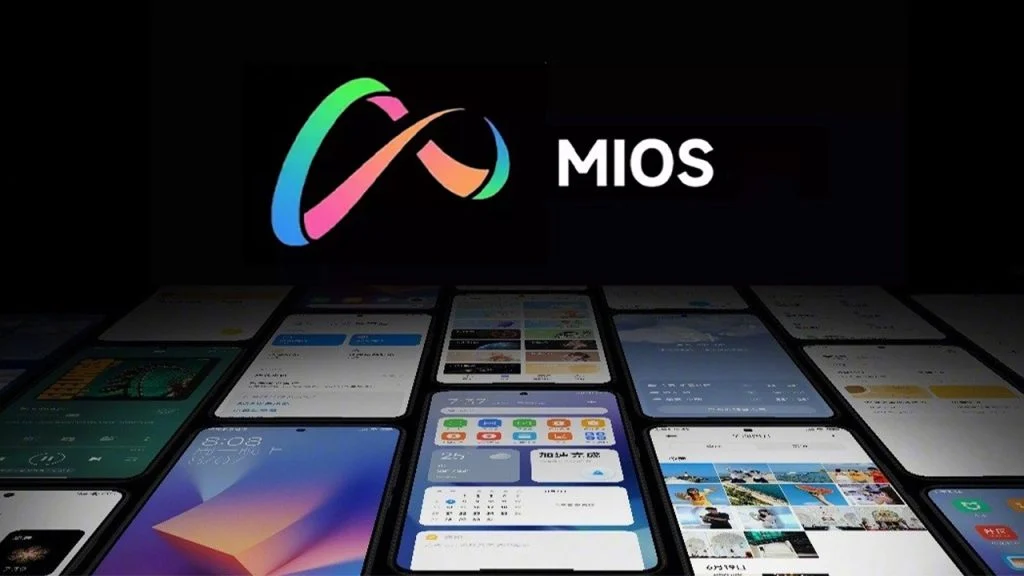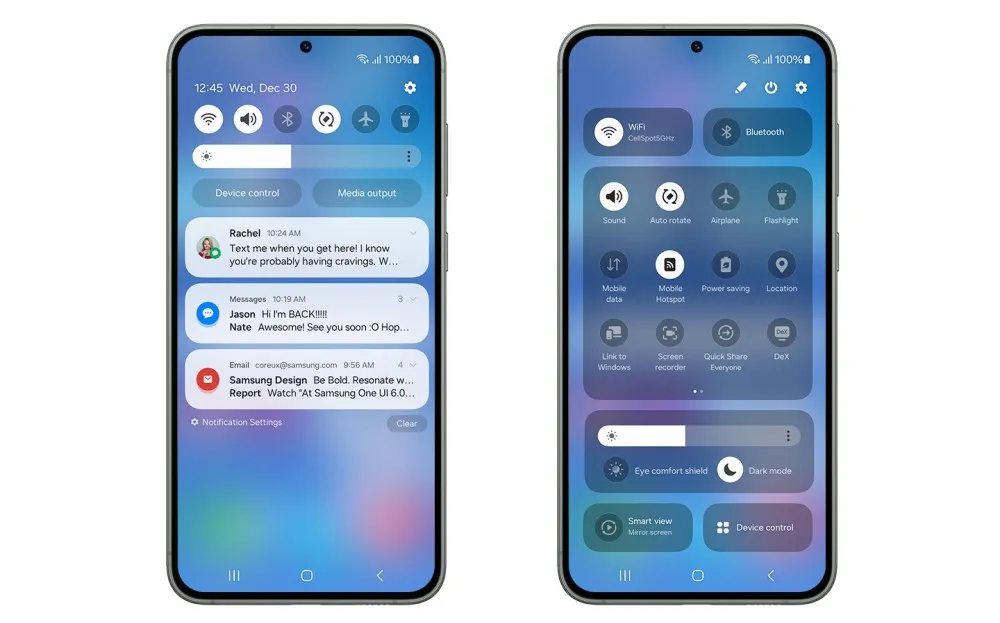European Users Gain Control Over Data Sharing with Google Services
Google is making a significant change to its suite of services for European users in response to the EU's Digital Markets Act (DMA), which will be enforced starting on March 6th. The new policy introduced by Google allows users to have granular control over data sharing across select Google services, including popular ones like YouTube, Maps, and more.
Adjusting Data Sharing
With this update, users now have the freedom to choose which Google services can access their data. They can decide to stop sharing their data with all, some, or none of these select services, giving them greater control over their personal information.
Unlinking Google Services
Users can now unlink certain Google services from their data sharing. The list of services that can be unlinked includes some of Google's most popular offerings, such as Search, YouTube, Ad services, Google Play, Chrome, Google Shopping, and Google Maps.
Limitations and Exceptions
While the new policy gives users more control, there are certain limitations and exceptions to data sharing. Google clarifies that data sharing may still occur in specific situations, such as completing transactions, fulfilling legal obligations, or preventing fraud. These exceptions ensure that essential functionalities are not compromised.
Balancing Personalization and Features
Google acknowledges that linking services can enhance personalization of content and ads. By having Google services linked, users can enjoy a more tailored experience. However, if services are unlinked, certain features may be lost. For example, if Search, YouTube, and Chrome are disconnected, search recommendations and the Discover feed won't be as personalized. Similarly, if Search and Maps are unlinked, Search reservations won't appear in Maps.
User Control and Data Usage
Ultimately, the decision to unlink services rests with individual users. While there may be some feature loss, it also provides users with more control over their data usage within the Google ecosystem. This change aligns with the EU's efforts to empower users and ensure transparency in data handling.
The DMA's Impact
The DMA not only affects data sharing but also restricts Google's ability to prioritize its own services in Search results. This creates a more level playing field for competitors. While Google embraces the DMA, other tech giants like Apple, Meta, and TikTok are challenging its designation in court.
In conclusion, European users of Google's suite of services now have greater control over their data sharing. The new policy allows users to selectively unlink certain services while still maintaining essential functionalities. This change reflects Google's compliance with the EU's Digital Markets Act and its commitment to empowering users in managing their personal information.



